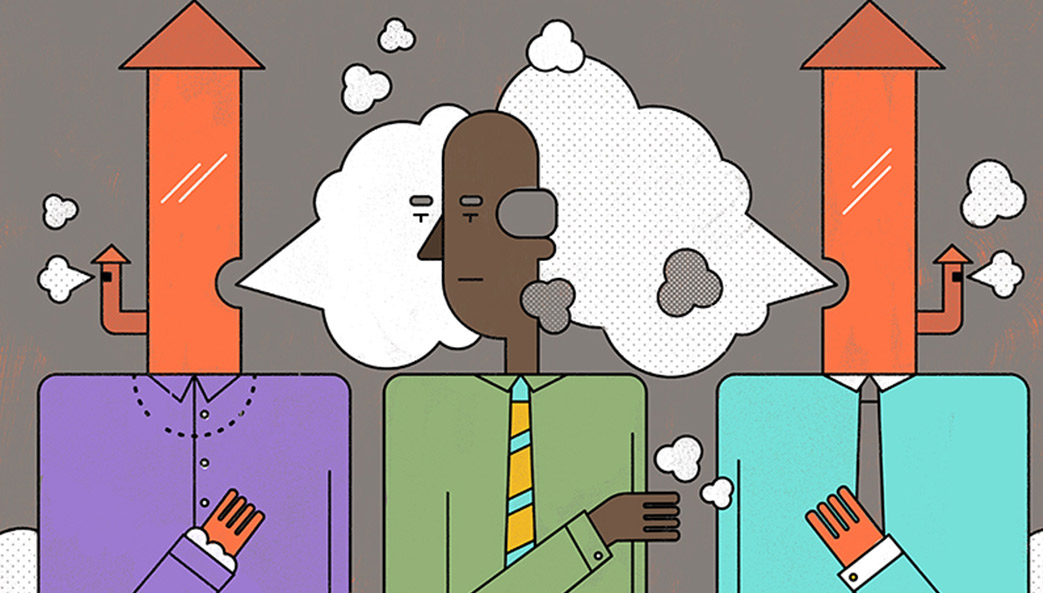Half of all workers say they found their current job through a friend or social acquaintance. But although these “job-referral networks” help make the labor market more efficient, they also tend to have an “old boys’ club” character and perpetuate inequality, according to new research from the University of Georgia.
“On one hand, referral networks help to solve information problems in the labor market,” said Ian Schmutte, author of the study and assistant professor of economics at UGA’s Terry College of Business. “On the other hand, these networks are typically based on historical patterns of racial or class stratification.”
Schmutte’s synthesis of recent research, published in the IZA World of Labor, confirms that while good workers tend to know other good workers, most people are confined to fairly homogenous social spheres. And “despite the fact that there are lots of other ways to get information about people, firms are increasing, rather than decreasing, their use of job-referral networks,” he said.






